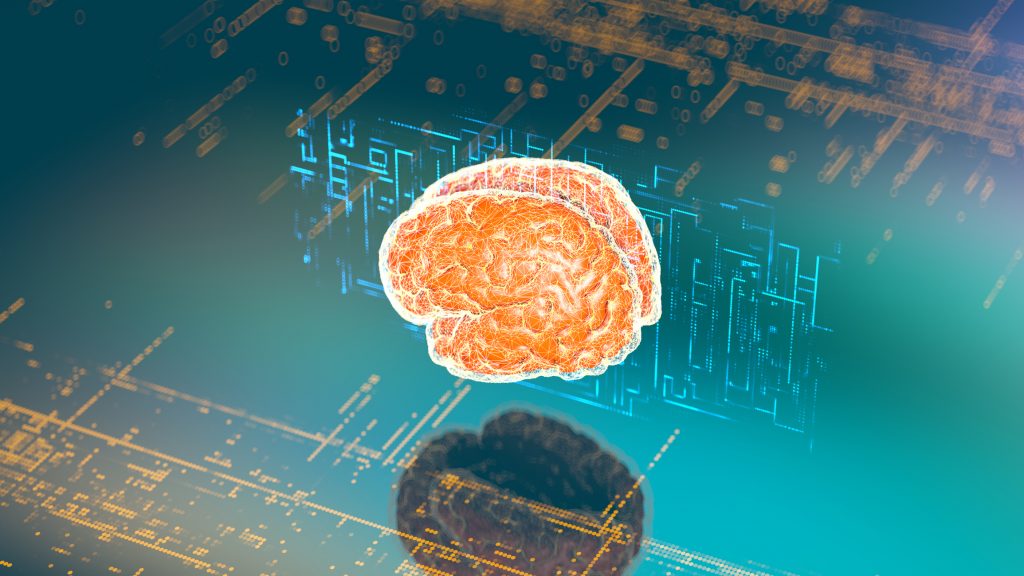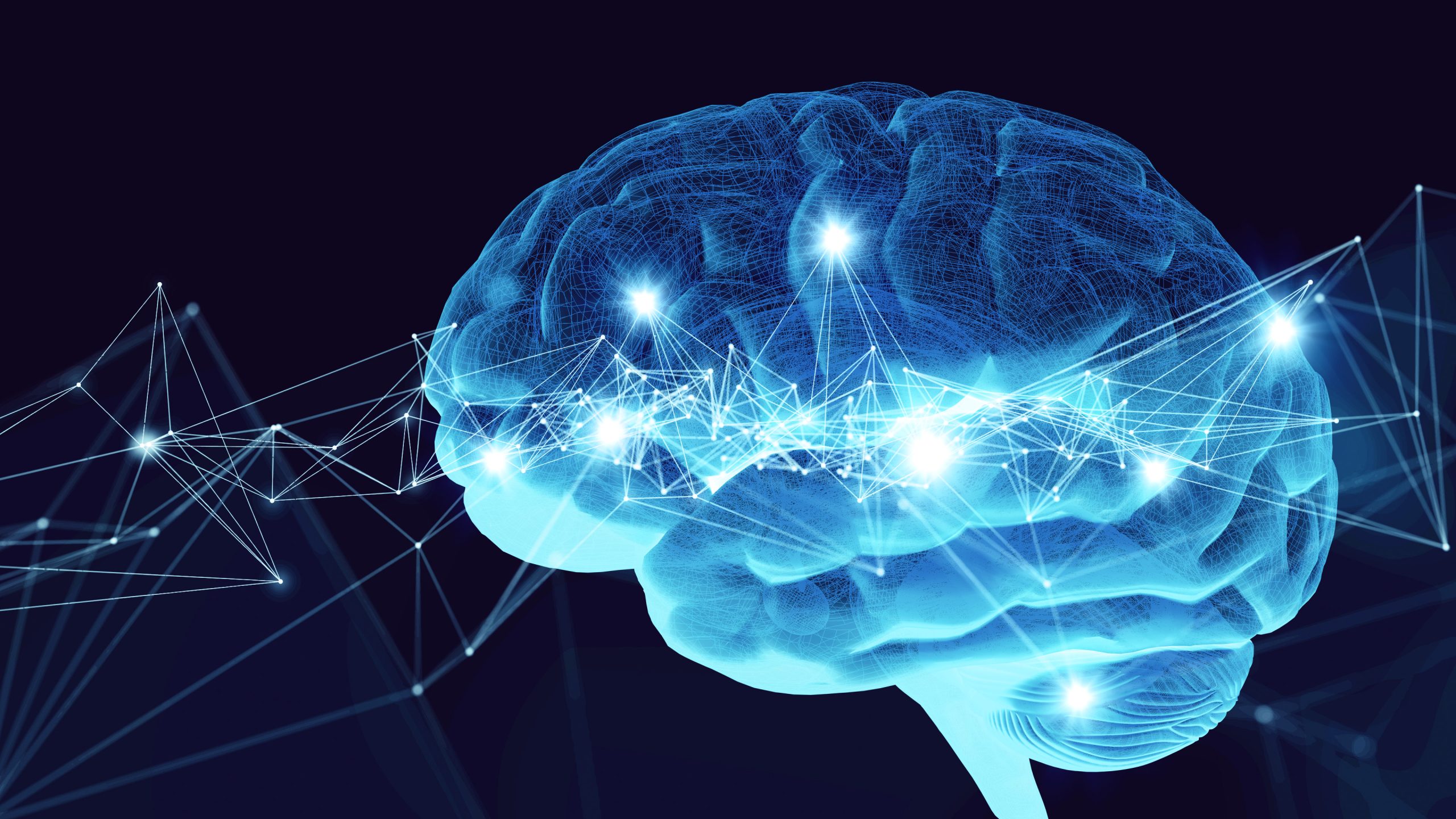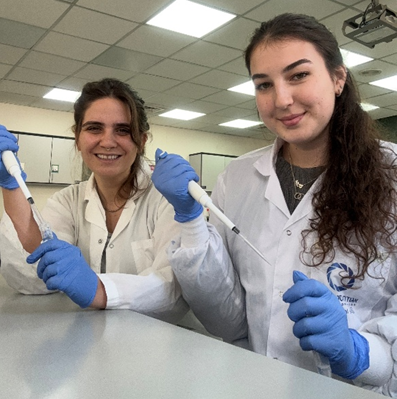
March 13, 2024 — A new study indicates that natural psilocybin mushroom extract might be more effective compared to a chemically synthesized version, offering more potential applications for treating conditions such as depression, post-traumatic stress disorder (PTSD), and schizophrenia.
In the new in vivo study published in Molecular Psychiatry and conducted by the Hebrew University-Hadassah Medical Center BrainLabs Center for the Psychedelic Research, the extract increased the levels of synaptic proteins associated with neuroplasticity in key brain regions, including the frontal cortex, hippocampus, amygdala, and striatum.
This suggests that psilocybin-containing mushroom extract may offer unique therapeutic effects not achievable with synthesized psilocybin alone. Metabolomic analyses also revealed noteworthy differences between psilocybin-containing mushroom extract and chemically synthesized psilocybin. The extract exhibited a distinct metabolic profile associated with oxidative stress and energy production pathways.
Psychedelic drugs are emerging as promising candidates capable of offering transformative solutions, especially for psychiatric disorders, including depression, obsessive-compulsive disorder, and PTSD, in which a portion of the population is unresponsive to treatment from current medications. As the demand for innovative solutions continues to grow, the exploration of psychedelic drugs represents a crucial avenue for the development of transformative and personalized medicines.
According to the researchers, “In Western medicine, there has historically been a preference for isolating active compounds rather than utilizing extracts, primarily for the sake of gaining better control over dosages and anticipating known effects during treatment. The challenge with working with extracts lay in the inability, in the past, to consistently produce the exact product with a consistent compound profile. Contrastingly, ancient medicinal practices, particularly those attributing therapeutic benefits to psychedelic medicine, embraced the use of extracts or entire products, such as consuming the entire mushroom. Although Western medicine has long recognized the “entourage” effect associated with whole extracts, the significance of this approach has gained recent prominence.”
“A major challenge with natural extracts lies in achieving a consistently stable compound profile, especially with plants; however, mushrooms present a unique case,” they add. “Mushroom compounds are highly influenced by their growing environment, encompassing factors such as substrate composition, CO2/O2 ratio, light exposure, temperature, and microbial surroundings. Despite these influences, controlled cultivation allows for the taming of mushrooms, enabling the production of a replicable extract.”
The study was led by Orr Shahar, a Ph.D. student, and Dr. Alexander Botvinnik, under the guidance of researchers Dr. Tzuri Lifschytz and psychiatrist Prof. Bernard Lerer from the Hebrew University-Hadassah Medical Center.
This research not only underscores the superiority of extracts with diverse compounds but also highlights the feasibility of incorporating them into Western medicine due to the controlled nature of mushroom cultivation.
The research paper titled “Effect of chemically synthesized psilocybin and psychedelic mushroom extract on molecular and metabolic profiles in mouse brain” is now available in Molecular Psychiatry and can be accessed here.



